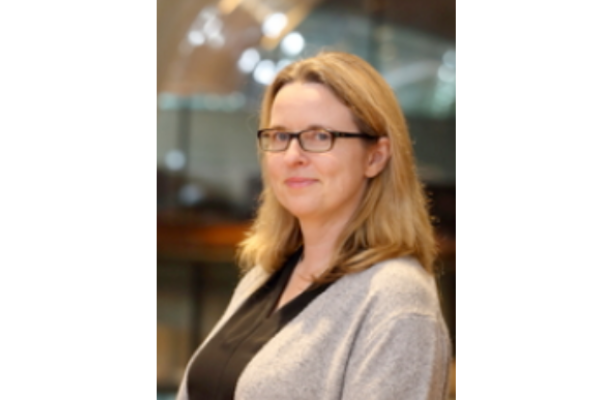
In recent decades, digital tools and computational processes have come to hold an increasing allure for communities wishing to preserve, protect and develop valuable informational/knowledge resources of various types - including those glossed as traditional knowledge and folklore. In this talk, Allison Fish will explore an early application of digital technologies to the management of intangible cultural heritage that has gained global prominence and influence – the Indian central government’s Traditional Knowledge Digital Library (TKDL).
Initiated in 2001, the TKDL is inspired by Indian state representatives experience formally contesting several instances of biopiracy involving Ayurvedic medical knowledge from the 1990s – namely, the registration of patent claims in the United States and Europe in relation to therapeutic uses of turmeric and neem. In an effort to develop a defensive strategy to future instances of appropriation, the TKDL was developed as an online platform that both documents the ‘prior art’ of key South Asian classical medical systems and translates that knowledge linguistically, scientifically and legally so that it is available to patent examiners in their evaluation of claims. However, since its inception, the TKDL has expanded significantly both in scope and purpose. For example, new archives devoted to yoga and Sowa Rigpa were added in 2008 and 2018, respectively. Similarly, in 2022 the Indian central government’s Union Cabinet approved expanded access to the TKDL for purposes of research and commercial translation. In attending to both the historical roots and future trajectory of the TKDL, Allison will focus on two things. First, she will discuss how the TKDL articulates with the larger Digital India domestic policy agenda. Second, she will explore the global influence the TKDL project has had on other communities contemplating the use of digital technologies to manage their own intangible cultural heritage resources.
Biography: Allison Fish is a Senior Research Fellow at the University of Queensland in the Centre for Policy Futures and maintains an underlying appointment in the Law School. Trained in both law and anthropology, Allison's research investigates how legal forms, technological infrastructures, and cultural logics shape various information/knowledge management practice.
This event is free and open to the public. Co-sponsored by the Mershon Center for International Security Studies.
The Humanities Institute and its related centers host a wide range of events, from intense discussions of works in progress to cutting-edge presentations from world-known scholars, artists, activists and everything in between.
We value in-person engagement at our events as we strive to amplify the energy in the room. But we also recognize the fact that not all our guests will be able to visit our space. Zoom access will be available to this event upon request. If you wish to have such access, or you would like to request other accommodations for this event, please send your request to Connor Behm: behm.42@osu.edu.
